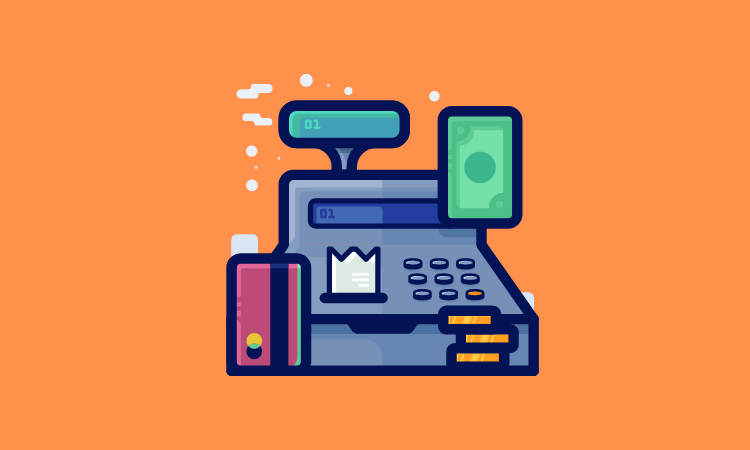Member Exclusive, Podcasts
‘Founders use the most expensive capital in the world to do something really repeatable’: Behind the popularity of ClearCo’s new funding model
- Power couple Michele Romanow and Andrew D’Souza co-founded ClearCo to provide capital to growth-oriented founders.
- Thousands of companies and $2 billion later, the company is off a fresh rebrand and large funding round.








